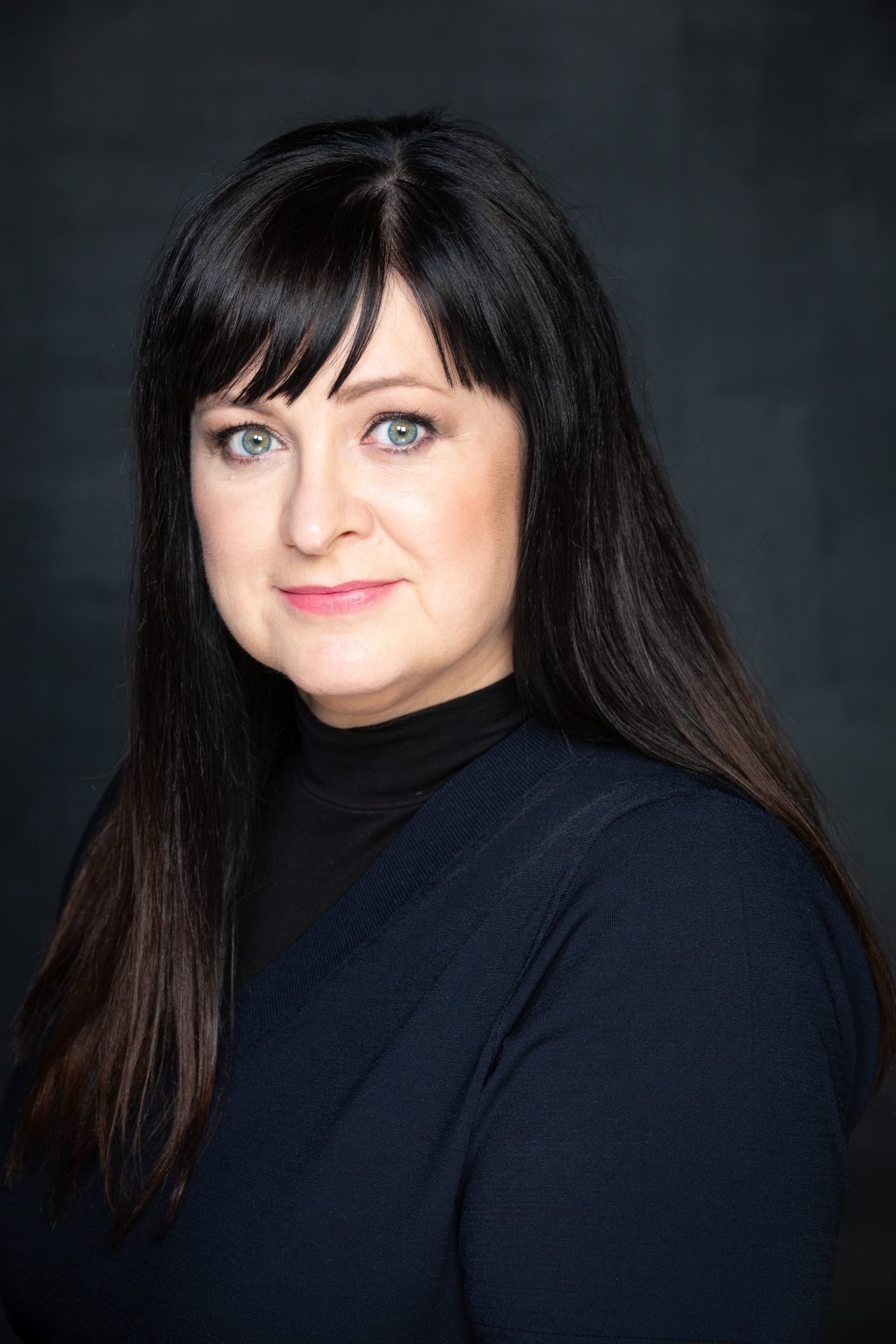What can I become? The ability to think of options is a super skill for the future
Blog

Topics
- Competence development
- Job seeking
I still remember the day I heard about a forty-year-old woman’s plan to change direction. She was a medical researcher, working for a successful company in the US. She had decided to move back to Finland and start studying. She wanted to devote herself to literature and planned to study translation. Translation studies, I remember thinking, completely nuts.
She is my sister, and that is why I was particularly touched by her decision. Cautiously, I asked her if she was aware that artificial intelligence will take work away from translators in the coming years. She said she believed that humans will still be needed.
After a moment’s reflection, I decided to congratulate her on her courage. Although I thought it was an absurd decision, I saw that my sister had been able to imagine a different future for herself and was ready to make it happen.
During the corona pandemic, industry and occupational changes have increased. In the care and education sectors in particular, there are more people changing sectors than in the past, but switching is moving from being the exception to becoming almost the rule. On the one hand, occupations are changing rapidly in terms of job profiles and skills needs and, on the other, workers are increasingly seeking new jobs. New occupations are being created and old ones are disappearing. What was rare, even daring, a decade ago is now almost commonplace.
Often a change of profession or sector is only made out of necessity. The best motivator is compulsion, they say. From my own career, I know that to be true. I wouldn’t have sought a new profession if I hadn’t been made redundant eight years ago. I ran a company that was sold to a competitor and I was relieved of my duties. That’s how I felt at the time. It was a welcome change and led to many good things, even if the initiative did not come from me. So getting fired can be a change towards a better working life.
I have often wondered how useful it would be to practice thinking about options in advance, when you don’t have to. We have the ability to take care of our health before we have to, by exercising or eating right. Some of us may have the ability to prepare financially in advance, by saving.
Too few people think of their skills as health or finance and invest in them in advance. Too many people think of training as something extra that comes along when the employer says so. Under everyday pressures, it can feel unreasonable to have to train yourself or plan alternatives for your career on your own.
In a time of rapid, unpredictable change, such thinking can be counterproductive. It would be useful to make it rewarding to develop one’s skills and consider career options, whatever one’s life situation.
Research shows that being prepared for change increases your ability to respond to change when it happens, even if the change is different from what you are prepared for.
That’s why the ability to see alternatives is a super-skill for the future. It can be trained in many ways, for example by asking a simple series of questions. What do I actually do during the day? What in my current job gives me the greatest sense of meaning? What is the deepest source of motivation right now?

Once the current situation has been clarified, we move on to consider alternatives: where else could I achieve the same sense of meaning or deep motivation?
Ask yourself: what are the options in my current job? Then think about what other opportunities you have to experience meaningfulness at work, i.e. what are your options more broadly.
Finally, think about what you might find useful to study. What are your learning goals?
If you like, you can further summarise this motto for your professional career. It can sum up what you are striving for or what you consider important.
Do the exercise by writing down the answers. The mind works better when the hand works. When you write, insights pop into your mind that may surprise you.
The most important thing is not to be able to imagine something new and wonderful in an instant. What is essential is to exercise the ability to imagine alternatives. It is a skill that can only be developed through practice.
Below you will find a worksheet to help you get started!

Marjaana Toiminen is a non-fiction writer, an enthusiast for the future of work and a business manager by day. Marjaana’s latest book, Hyppy, deals with the transformation of work and the possibilities of the individual.